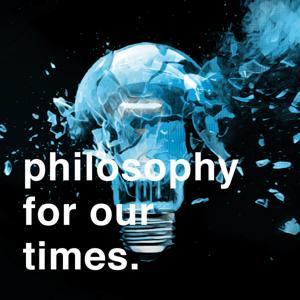We Modeled the World Before We Understood It
The Deeper Thinking Podcast
What if science no longer uncovered reality—but generated it?
In an age where AlphaFold predicts faster than biology can observe, and where generative AI simulates truth before it’s tested, the foundations of knowledge begin to shift. This episode explores a quiet revolution in epistemology—one catalyzed by systems trained not to understand, but to perform. When output precedes insight, and the scientific method fades from the spotlight, what does discovery become?
This is not speculation. It’s already here. In computational biology, in climate models, in machine-generated theorems—experience is shaped by architectures that do not require observation. If Kuhn’s paradigms were overturned by anomalies, today’s paradigms are overwritten by structures that exceed justification altogether.
But this is not just a technical shift. It is philosophical, ethical, and human. As observers retreat and models take precedence, we must ask: who decides which version of reality matters? What remains of meaning when the world is rendered before it is known? This episode traverses a new terrain—where simulation precedes perception, and epistemology yields to design.
If you'd like to support the ongoing work, you can visit buymeacoffee.com/thedeeperthinkingpodcast or leave a kind review on Apple Podcasts.
Before we understood the world, we modeled it. Now the model waits for us to catch up.
#GenerativeAI #SciencePhilosophy #Simulation #ThomasKuhn #Posthumanism #ModelledReality #Bachelard #Hayles #Crawford #Haraway #TheDeeperThinkingPodcast




































